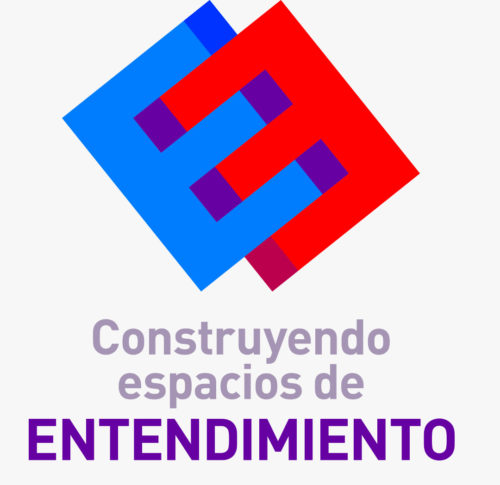The worsening of the Humanitarian Emergency in Venezuela and its devastating consequences have not gone unnoticed. Inequalities among the population have been increasing while the humanitarian response and the work of social organizations are compromised by the threat of a bill that seeks to outlaw them. These topics were recently discussed by two experts from Venezuelan civil society.
Jo D’Elia, a human rights defender and coordinator at the HUM Venezuela platform, explained that the organization estimated that 14 million Venezuelans were facing critical needs in 2023. “This group includes the people who have seen their lives, integrity and safety significantly compromised, and who are facing such deprivation that risks falling into the category of people in severe need.”
The activist added that around 4 to 5 million people are estimated to be in severe need, “people in this group risk losing their lives or experiencing severe damage or trauma if they do not receive immediate assistance. And these damages and traumas range from the loss of life to irreparable damages such as learning lags and the exhaustion of their livelihood practices.”

The sociologist recalled that it was not until 2020 that the Venezuelan State began to recognize the need for humanitarian assistance and finally allowed the installation of the humanitarian architecture in the country. However, several logistical difficulties and restrictions are yet to be resolved, which ends up directly affecting the most vulnerable population.
Wages play a key role
According to the economist Omar Zambrano, the humanitarian emergency “has not subsided in these years of apparent economic recovery, and has rather worsened and deepened.”
Zambrano explained that the country is experiencing an episode of non-productive recovery and that the improvement of wages is key. “The living conditions of people in modern societies depend fundamentally on the evolution of labor income, wages, and what people earn by exchanging their work in the labor market. This transaction is fundamental in the constitution of household income and, therefore, in the well-being of families and individuals. “The situation in Venezuela is closely related to what has happened to the labor market,” he insisted.
The expert explained that the “economic bubbles” are a symptom of the limitations of the so-called economic recovery process that has only created better living conditions for a sector of society rather than the vast majority. “This does not mean that the economy is not recovering, yes, a part of the economy is recovering, but the recovery is so small and limited from a sectoral and territorial point of view that the green shoots of the Venezuelan economy are insufficient to generate well-being for most. “Many people continue to be excluded from the benefits of this supposed growth,” he said.

He recalled that the country moved from a situation of absolute shortages in most basic goods in 2016 and 2017 to a situation where the shelves have been replenished. “This has given a general feeling of well-being and progress. But my point is that what has happened is still limited in sectoral terms and has failed to reach the entire Venezuelan economy. The recovery happened only and exclusively in one sector, the trade of goods and services, and has failed to reach the entire territory other than the ten or twelve largest cities of Venezuela.”
A bill that threatens civil society organizations
Given this panorama, the organizations that assist the vulnerable population resist under conditions of generalized risk where the legitimate nature of civil society is being unrecognized, giving the Venezuelan State the power to withdraw, separate or exclude the autonomous organizations from any public decision-making space.

In the opinion of the coordinator of HUM Venezuela, the current situation responds to a process of profound stigmatization and criminalization of those who exercise the autonomy of self-organization and act within civil society. “It rose to a larger scale of constant attack against NGOs in the political discourse and official orders. The State has used NGOs to give way to all these stigmas against civil society, in all sectors of the State” he recalled.
Mr. D’Elia warned that the discussions on the Law on Supervision, Regularization, Acting and Financing of Non-Governmental and Related Organizations “seek to void all civil associations regardless of their field of work, and they would remain invalidated until they comply with the terms of the law,” he explained.
Translated by José Rafael Medina




